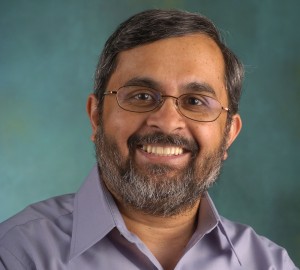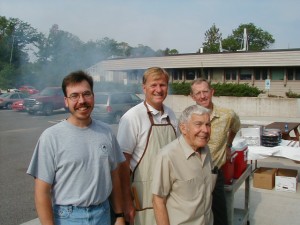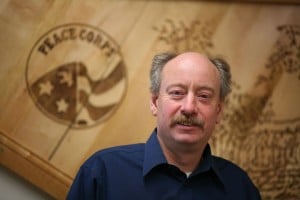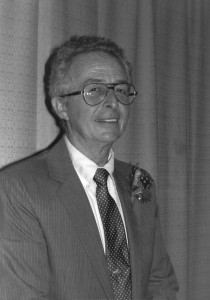A message to Dean Gale.
I thought your “Message from the Dean” in the current issue of the SFRES magazine was right on the money.
Speaking as an educator, you posed the question ”Are we providing students with the knowledge base they’ll need to address new issues that go beyond what they learned in their formal education?” My own career experience illustrates the importance of being able to do just that, and your recognition of the importance of this key issue speaks well for your program.
I had a 34 year career with the Bureau of Land Management primarily in western Oregon. Michigan Tech prepared me well for my early experiences, once I got used to the differences in scale. I still remember putting in a cluster of inventory plots in a 800-year old stand of Douglas-fir, and cruising a stand of timber on a beautiful riverside terrace that averaged 220,000 board feet per acre. But as my career evolved, I quickly got involved in issues that did indeed go far beyond my formal education.
For most of the latter half of my career, I was the BLM’s Chief of Forestry Planning with responsibilities covering 3,000,000 acres of forest land in Oregon and Washington. These responsibilities included forest inventory, the determination of the sustainable allowable harvest level and oversight of the program to bring that level of timber production to market, and the integration of the forestry program within the land-use planning process.
Early on, the process was relatively simple, and I was guided by the principles and philosophies I learned under Gene Hesterberg, Vern Johnson, and Eric Bourdo in old Hubbell School. Very quickly, however, it became necessary to “go beyond” as you suggest.
One of the first things I had to deal with in this context was the integration of management considerations related to anadromous fisheries. The spawning and rearing streams that salmon and steelhead depended upon were intimately associated with some of our finest timber producing lands. Some of the interactions between fish and timber production were quite subtle, in that relatively minute changes in water temperatures or quality, or the timing or magnitude of stream flows, could have drastic effects on fish production.
Furthermore, it quickly became apparent that the Douglas-fir old-growth seral stage itself was quickly becoming an endangered and scarce resource that needed special handling and management. Hundreds of wildlife species were uniquely dependent upon it, not to mention its importance in more esoteric areas like carbon sequestration and as refugia for mychorrizal fungi.
The point I’m trying to make is that my career quickly moved beyond the specifics I learned in my formal education, but I was able to traverse uncharted waters because of the sound knowledge base and the integrative attitude and adaptive capabilities I acquired at Michigan Tech.
That’s why it is so heartening to read your message. You’ve got the best forestry school in the country on the right trail, Peg. Keep on chuggin’.
Ron Sadler
1957



 tions of students (especially in dendrology), he was fondly nicknamed ‘Black Bob.’ He often had a sly smile on his face when students were trying to negotiate grades or just joking with him on field trips. He was one of the first faculty to receive outside funds for his work in herbicides and tree production.”
tions of students (especially in dendrology), he was fondly nicknamed ‘Black Bob.’ He often had a sly smile on his face when students were trying to negotiate grades or just joking with him on field trips. He was one of the first faculty to receive outside funds for his work in herbicides and tree production.”